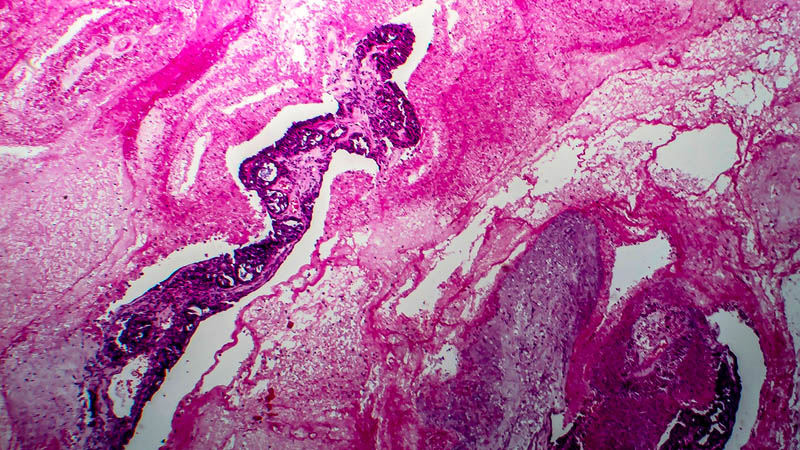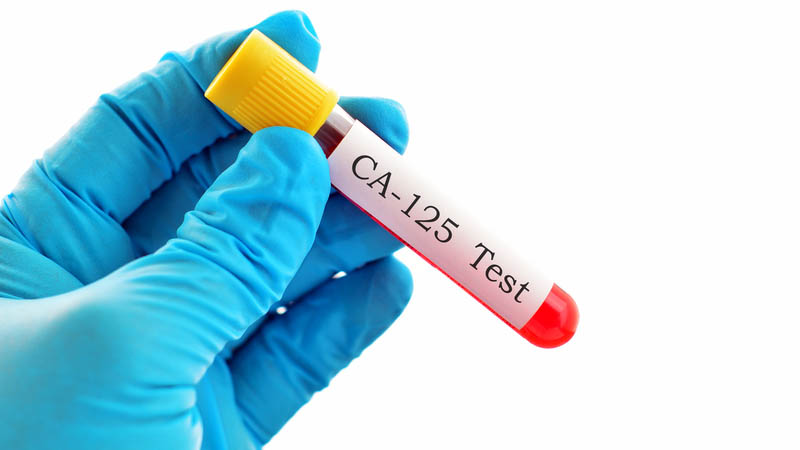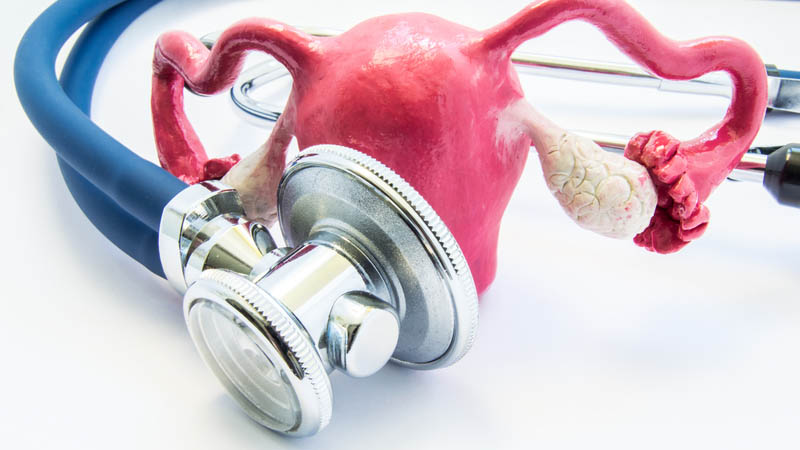Prognostic value of serum levels of SCC-Ag and CYFRA 21-1 in early-stage squamous cell carcinoma of the uterine cervix
Bożena Dobrzycka1, Sławomir J. Terlikowski1, Piotr S. Bernaczyk2, Magdalena Róg-Makal3, Krzysztof Lejmanowicz1, Maciej Kinalski4
 Affiliacja i adres do korespondencji
Affiliacja i adres do korespondencjiSeveral markers present in tumor tissues and body fluids considerably aid in early diagnosis, enabling both correct decision-making qualifying patients to high-risk groups, monitoring of the patients’ response to treatment implemented and heralding the possibility of distant metastases or local recurrence. The paper presents correlations of elevated serum levels of CYFRA 21-1 and SCC-Ag with clinical stage, histological differentiation grade and survival rates of 89 patients with FIGO stage IB/IIA squamous cell carcinoma of the uterine cervix. Marker levels were assessed prior to surgery using immunoenzymatic assay kits. Two groups of patients were defined: I (n=31; 35%) surviving less than 5 years and II (n=58; 65%) surviving more than 5 years. CYFRA 21-1 levels exceeding 3.5 ng/ml were present in 42% of patients. Elevation of SCC-Ag level above 1.5 ng/ml was seen in 48% of patients. No correlations were noticed between elevation of serum levels of markers studied and clinical stage nor histological differentiation grade. Patients presenting marker levels below reference values benefited from longer survival. Patients surviving less than 5 years had a statistically significant elevation of baseline serum SCC-Ag levels (p<0.001). These results suggest that patients presenting at an early clinical stage of squamous cell carcinoma and having elevated serum levels of CYFRA 21-1 and SCC-Ag, require neoadjuvant chemotherapy prior to surgical treatment.









